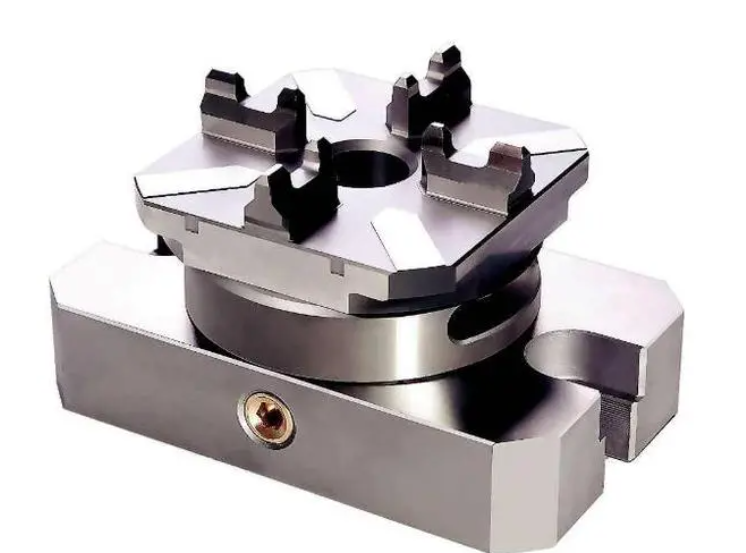The importance of fixtures in the precision machining process cannot be overstated. Here are several key reasons:
- Stability and Accuracy
Fixtures provide a stable and secure holding of the workpiece during machining. This stability is crucial for achieving precise dimensions and tolerances. For instance, when machining a small, intricate component for a medical device, a well-designed fixture prevents any movement or vibration that could lead to inaccuracies.
Ensures consistent results, reducing the variation between different machined parts.
- Repeatability
Allows for the same setup to be used repeatedly for multiple parts of the same type. This is especially important in mass production where consistency is essential. Consider the manufacturing of automotive engine components; the use of fixtures ensures that each part is machined exactly the same way, improving the overall quality and interchangeability of the parts.
Saves time and effort in setting up the machine for each new part.
- Enhanced Safety
Keeps the workpiece firmly in place, reducing the risk of it flying out or causing injury to the operator. In high-speed machining operations, this safety aspect is of paramount importance.
Protects both the operator and the equipment from potential damage.
- Improved Efficiency
Reduces the time spent on setting up the workpiece, allowing for quicker start of the machining process. For example, in a production line of aerospace parts, efficient fixtures can significantly increase the throughput.
Enables faster changeovers between different workpieces, maximizing machine utilization.
- Reduced Deformation
Supports the workpiece in a way that minimizes distortion due to the cutting forces and heat generated during machining. This is particularly important for thin or weak parts. When machining a thin-walled component, the right fixture can prevent it from buckling or warping.
- Better Surface Finish
By holding the workpiece steady, it helps achieve a superior surface finish. A smooth and flawless surface is often critical in applications such as optical components or precision gears.
In summary, fixtures play a vital role in ensuring the quality, efficiency, safety, and repeatability of the precision machining process.

